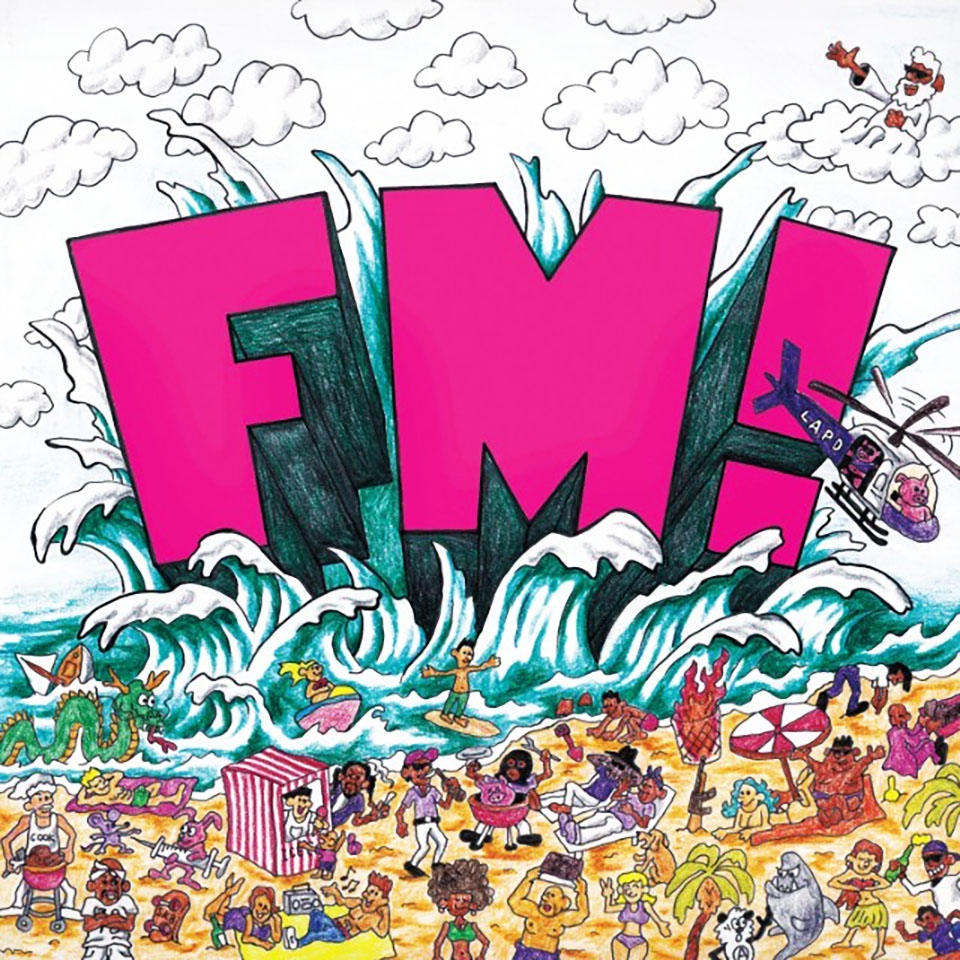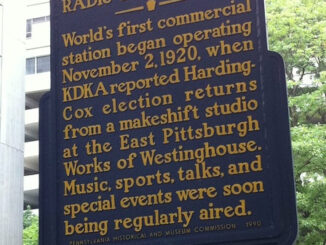
Emma Polen | layout editor
Nov. 4, 2021
WDSR, Duquesne’s student-led radio station, held an open house Tuesday over Zoom. Jade Zalevsky, studio manager and junior finance and information systems and technology double major, led the meeting with the help of Don Maue, the studio’s head engineer.
Pittsburgh is the site of the first licensed live commercial broadcasting station, KDKA. Their 101st anniversary was celebrated last week on Oct. 27. Today, Maue said, “Duquesne Student Radio continues the century-old tradition of producing live radio programming.”
Zalevsky’s meeting encouraged new students to join the station and to share the open positions the radio station is currently looking to fill.
“Right now, we’re kind of looking for show hosts, station engineers, someone to make some graphics and someone to run our Instagram,” Zalevsky said during the Zoom open house.
No matter where your interests lie, Zalevsky said, “It’s really limitless what you can do here. Whatever you want to do, we can make it happen.”
Show hosts have the option to talk or just play music. The studio technology allows users to include music off their personal computer, Zoom-in guest speakers and have up to three people mic-ed in the studio at once.
“If you’re involved in a club, we’re super open to have clubs come on and talk about…events you might have going on,” Zalevsky continued. The radio station provides free advertising for any campus clubs or individuals hoping to get involved.
Patrick McLaughlin, a junior marketing major with a minor in finance, co-hosts the WDSR show theekickbacc with his friend Ian Smith. According to McLaughlin, the show is meant to be “very laid back, relaxed and for listening to good music.”
Just as Zalevsky emphasized at the open house, there is no single topic that theekickbacc hosts feel pressured to discuss. The usual structure of the show includes a song, followed by a brief discussion about school or any other Duquesne-able topic.
McLaughlin said starting out, he was extremely shy and introverted. But he now offers hesitant students a few words of his own advice: “When you’re doing something you love,” McLaughlin said, “you’re just talking with a friend [and] having fun.”
Live radio is different from other types of live broadcast, McLaughlin also realized.
“You’re not on camera, you don’t feel that pressure to perform,” he said.
Theekickbacc has set and broken the station record for weekly listeners several times. As of now, the show averages about 200 listeners per week.
Fans can follow co-hosts McLaughlin and Ian Smith on Instagram (@theekickbacc).
Joseph Phillippi, a senior double majoring in digital media art and music, is the chief studio engineer for WDSR. He took on the position because he hoped to encourage others to participate.
“I want to help my colleagues achieve their creative vision with digital media.”
The radio studio is looking for more studio engineers so that, as Phillippi puts it, “If anything is wrong with either the microphones, the stream, the mixer etc., the engineer on standby will have the know-how to put everything in working order.”
Philippi wanted students to know that the radio station welcomes all levels of technological experience. “They’ll get hands-on experience working in a studio setting with technology used in the professional industry,” he said.
Interested candidates in any of the radio station’s open positions can reach out to the studio manager at zalevskyj@duq.edu.
For those who are hesitant, Zalevsky has a number of answers to put new students at ease. She assured students during the open house that hosting and engineering are “super simple.” The studio is set up so that students only need to worry about five buttons while broadcasting.
As of now, Zalevsky has limited each show to a one-hour time slot to give everyone a chance to host what they want, but soon she wants to extend the time so if hosts are interested, they can practice with longer segments. Slots are open from 8 a.m. to 10 p.m., seven days a week.
Zalevsky said that she was also shy when she started out at the radio station. She joined the radio station in order to gain relevant experience for internship applications, and now hosts her own show, Host Music Industry Insights, from 6 – 8 p.m. on Tuesdays.
“Once people get over that shyness and hesitancy,” she said, “It’s really cool, it’s limitless.”
There are even ways for student listeners to be engaged in WDSR. Maue suggested that active listeners try out their abilities, including making real-time song requests, ‘call-in’ to become part of the show and engage with the DJs via social media.
Last year, the radio station faced limited capabilities due to Covid-19 restrictions. Zalevsky said that it was hard for the previous manager to get people into the studio, and people were also hesitant to come in and use the equipment.
With social distancing guidelines lifted, though, the current year seems more promising for student participation in live broadcasting, especially for freshmen interested in joining.
During Tuesday night’s open house, Maue said, “We’re really trying to revive live radio.”
In addition to the space available in WDSR’s studio on the first floor of College Hall, the new broadcast studio in the Student Union will provide even more opportunities for students to host their shows in an even bigger studio.
Maue said that live segments will be done in the new broadcast center “as soon as the equipment and technology are in place.”
You can tune into the station to hear the students’ live segments or to listen to music while you study by using the QR code or the link on the Duke’s website. To view the station’s growing list of live shows, see the list posted in the window of their studio on the first floor of College Hall.



